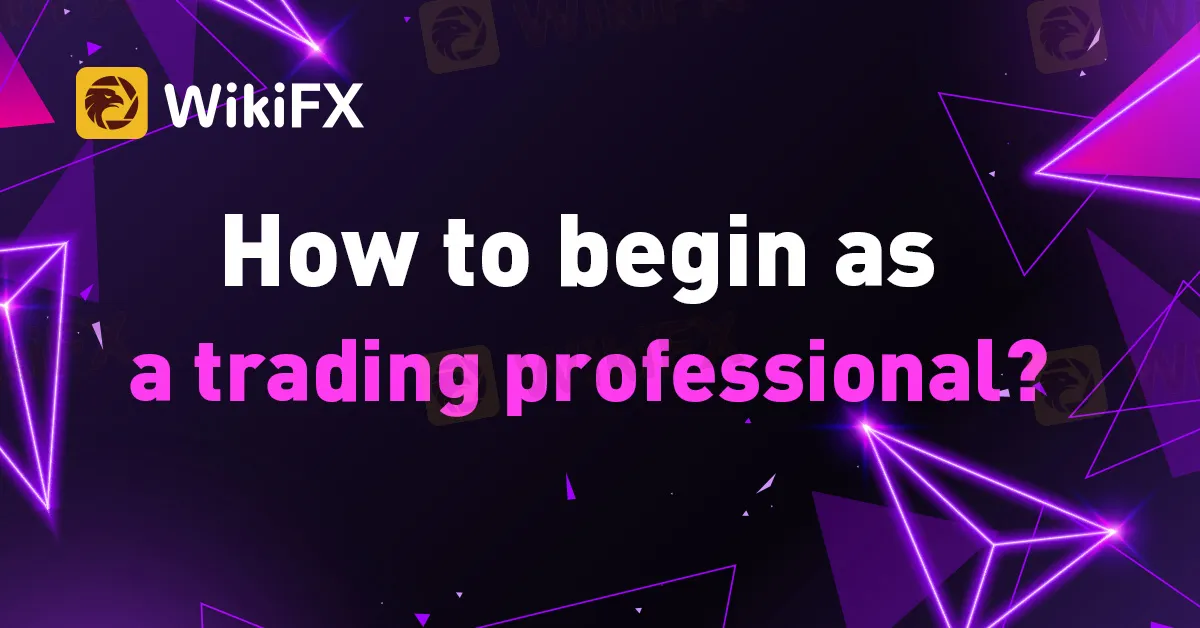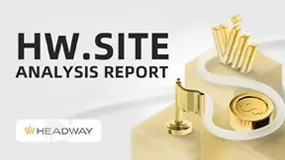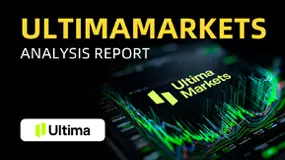Top Forex Brokers Offering Free Demo Accounts
Access demo accounts from top forex brokers. Practice trading risk‑free and explore platforms before investing.
简体中文
繁體中文
English
Pусский
日本語
ภาษาไทย
Tiếng Việt
Bahasa Indonesia
Español
हिन्दी
Filippiiniläinen
Français
Deutsch
Português
Türkçe
한국어
العربية
Abstract:Are you thinking about starting out as a stock trader or investor? If so, you'll be one of the many millions of individuals investing in stocks, bonds, cryptocurrencies, options, and other assets in the hopes of making a profit.

Are you thinking about starting out as a stock trader or investor? If so, you'll be one of the many millions of individuals investing in stocks, bonds, cryptocurrencies, options, and other assets in the hopes of making a profit.
Some people practice it as a hobby, while others use it as their primary source of income.
No matter what your long-term objectives are, learning the fundamentals is the most crucial thing to accomplish at first. For instance, you'll need to have the sufficient market knowledge to select a market that matches your financial needs and personal tastes. Finding a trustworthy online broker to help you set up a new account and support you through any difficulties you have while you start to trade is then crucial.
Following that, you will need to allocate a few hours every week to research. Consider researching the firms that issue the stocks you hold, reading articles on the assets you buy, and conducting regular reviews of the state of the overall economy. For people of any age, being knowledgeable is the key to successful investment.
Finally, think about learning the fundamentals of the different trading software that is accessible. Testing several platforms to determine how their built-in software performs does not require IT expertise. You may also buy off-the-shelf items that function as standalone trading solutions. Studying tactics, approaches, and some of the most widely used technical indicators is how many investing aficionados expand their expertise. Knowledge is power when it comes to maximizing potential gains in the markets. For novice or seasoned investors alike, knowing how to create simple price forecasts is a crucial ability.
Pick your markets.
You may open an online account and trade shares, options, currency, and a lot more regardless of where you reside. But an essential step in the process of becoming a trader is picking the market that most appeals to you. In South Africa, the UK, the US, China, India, and other countries, there are trading platforms that enable novices to purchase and sell corporate stocks, commodities, and a variety of other types of assets inside an account. Decide what meets your tastes after spending a lot of time on it. For instance, many younger traders start out with forex or stocks before moving on to things like options, index funds, and other things.
IDENTIFY A TRUSTED BROKER
What are the fundamental stages to becoming a trader who is active? How much success you will have is greatly influenced by your knowledge. However, most consumers choose a broker first before conducting their research, picking markets, and studying technical indicators. How can a novice trader choose a trustworthy broker?
Follow these three steps to choose a top brokerage website. Read a lot of internet evaluations, giving close attention to reputable, long-standing websites in particular. Visit the websites of at least three brokers whose integrity, skill, and usability amaze you. Once you've reduced your options to only two, run a trial session to test out the site's infrastructure. Pay attention to user-friendly software, a comprehensive knowledge base, competent customer support, unambiguous graphical representations, and reasonable account costs.
REMEMBER TO DO YOUR RESEARCH
If you don't conduct any research, all of your investment will be based only on unreliable information. You can acquire a knowledge base if you connect with a seasoned, highly rated broker. Participate in forums on the broker's website and visit the base. If you want to find out more about a firm, look at its history, most recent share price development, press releases, and general financial standing. To create a more well-informed viewpoint, study reviews of any company's relative strength and profitability on news websites.
READ UP ON TRADING IN SOFTWARE
Numerous trading software solutions are available. You can install some retail versions on your personal PC. However, the majority of the better brokers employ in-house software that is user-friendly, beginner-friendly, and produces outstanding outcomes. Whatever software program or platform you use, the most important thing to keep in mind is that success depends on your ability to practice. Learning how to execute trades swiftly, close out positions when you want to, and place orders in advance when necessary are all beneficial skills. You must invest the time to understand how your preferred trading software system functions because a lot goes into its creation. Most brokerages provide new account holders with online training.

Disclaimer:
The views in this article only represent the author's personal views, and do not constitute investment advice on this platform. This platform does not guarantee the accuracy, completeness and timeliness of the information in the article, and will not be liable for any loss caused by the use of or reliance on the information in the article.

Access demo accounts from top forex brokers. Practice trading risk‑free and explore platforms before investing.

WikiFX Golden Insight Award uniting industry forces to build a safe and healthy forex ecosystem, driving industry innovation and sustainable development, launches a new feature series — “Voices of the Golden Insight Awards Jury.” Through in-depth conversations with distinguished judges, this series explores the evolving landscape of the forex industry and the shared mission to promote innovation, ethics, and sustainability.

HW.SITE presents a mixed picture that demands careful consideration from potential traders, earning a modest 5.2 out of 10 rating based on extensive user feedback. Analysis of 228 trader reviews reveals significant polarization in user experiences, with 40.8% of reviews being negative and nearly equal numbers of positive and negative sentiments overall. The broker demonstrates several noteworthy strengths that attract traders, including a generally good reputation for security, efficient deposit and withdrawal systems, and a user-friendly trading interface that caters to both novice and experienced traders. These positive aspects have contributed to a solid base of satisfied clients who praise the platform's fundamental operations. However, serious concerns have emerged that cannot be ignored. The most pressing issues include misleading marketing practices that may set unrealistic expectations, documented withdrawal complications that affect some users, and recurring questions about

ULTIMAMARKETS presents a mixed picture that requires careful consideration before committing your trading capital. With an overall rating of 5.8 out of 10 based on 162 analyzed reviews, this broker shows both promising features and concerning red flags that traders should weigh carefully. The broker's strongest attributes include responsive customer support services and efficient deposit/withdrawal processes for most users. Its established reputation and security measures have earned positive feedback from a majority of traders, with 93 out of 162 reviews expressing satisfaction with the platform's performance. However, several serious concerns emerge from the review analysis. Fund safety issues have been reported by multiple traders, and while withdrawals are generally smooth, some users have encountered significant problems accessing their funds. Read on for a full report.
